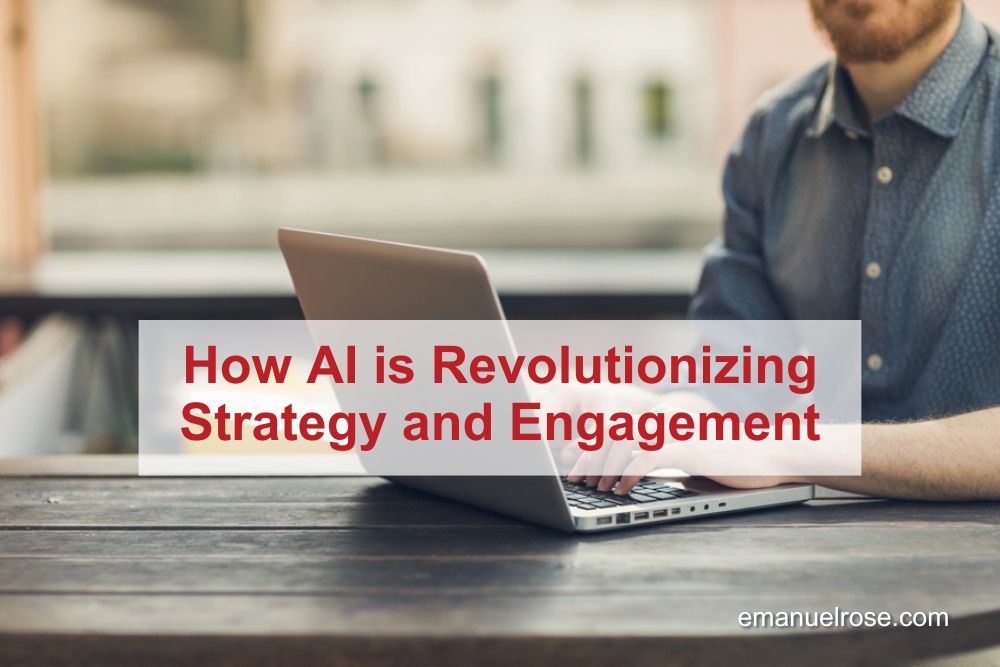The Practical Applications of AI
AI has moved from being a futuristic idea to becoming a practical tool that enhances numerous aspects of content creation and client interactions. ChatGPT, for instance, has shown remarkable effectiveness in assisting with book writing and crafting persuasive email campaigns. By generating prompts and refining content, ChatGPT significantly speeds up the content creation process while ensuring the quality remains high. For example, a prompt asking for a 150-word email to reconnect with past clients can yield a well-structured message that captures the essence of your intent and helps restore business relationships.
However, effectively utilizing AI requires a deep understanding of prompt engineering. Crafting the right prompts is essential for leveraging the full capabilities of AI tools. When aiming to reconnect with past clients, a well-constructed prompt can help generate personalized and engaging emails, thereby improving client relationships. A marketer might start with a basic prompt and then refine it repeatedly to ensure the tone is perfect and the message is clear and compelling. This iterative process can lead to more effective communication and better outcomes.
Building Intellectual Property with AI
AI’s ability to help create intellectual property (IP) is invaluable. By tasking AI with generating statements of expertise and supporting materials, marketers can quickly build strong IP portfolios. This not only hastens content creation but also lays a solid foundation for establishing thought leadership. For instance, an AI tool can help a sales expert create a series of authoritative statements that convey their expertise succinctly and effectively. This repository of IP can then be used across various platforms to enhance the expert’s reputation and credibility.
Creating Unique Experiences

Content alone is no longer enough to differentiate oneself. Experiences have become the ultimate differentiator. By offering unique, value-driven experiences, marketers can forge deeper relationships with their audience. Events and interactive engagements provide a platform for demonstrating expertise and leaving lasting impressions.
For example, hosting a webinar or a live Q&A session can give potential clients a taste of your knowledge and approach, creating a memorable experience that sets you apart from competitors.
A recent client experienced significant growth through such tailored experiences. By refining their message and conducting targeted events, the client secured substantial consulting contracts, illustrating the power of experiential marketing in achieving business success. This case demonstrates that it’s not just about having the right content but also about how you deliver it and the experiences you create for your audience. Personal interactions and customized experiences can lead to higher engagement and conversion rates.
Innovative Tools and Ethical Considerations

The rise of AI also brings innovative tools for video content creation and customer service. As these technologies evolve, they offer exciting opportunities for enhancing client interactions and streamlining operations. The potential for AI-driven marketing teams and customer service agents is particularly intriguing, promising both efficiency gains and consistent service quality.
Imagine having an AI-powered customer service agent that can handle inquiries 24/7, providing timely and accurate responses while freeing up human agents to focus on more complex issues.
However, the human element remains irreplaceable. Emotional intelligence, empathy, and charisma are aspects of marketing that AI cannot fully replicate. Successful marketers must balance the use of AI with personal insights and genuine connections. Human interactions are essential for building trust and rapport with clients. While AI can handle many tasks, the personal touch that comes from genuine human interaction is irreplaceable and crucial for long-term client relationships.
Ethical considerations surrounding AI usage are crucial. As with any tool, the potential for misuse exists. Ensuring AI serves to augment human capabilities rather than replace them is essential. AI should alleviate mundane tasks, inspire creativity, and improve overall quality of life. Marketers must be vigilant about maintaining ethical standards and ensuring that AI tools are used responsibly and transparently.
Practical Steps and Mentorship
For those looking to leverage AI in their marketing strategies, practical steps include using AI to automate repetitive tasks, generate new creative ideas, and enhance client interactions. Staying informed about AI advancements and responsibly integrating these technologies can provide a competitive edge. Regularly updating your knowledge about AI developments can help you stay ahead of the curve and make the most of these tools.
Collaboration with knowledgeable mentors and guides significantly impacts success. Personalized experiences and mentorship offer direction and accountability, helping individuals achieve their goals. For example, clients who work closely with expert mentors often reach remarkable milestones, highlighting the importance of guided support in marketing strategies. Mentorship provides the insights and encouragement needed to overcome obstacles and achieve sustained success.

As AI continues to advance, it’s vital to explore its applications while being mindful of ethical considerations. The future of AI in marketing holds immense promise, with the potential to transform how we connect, create, and engage with audiences. By strategically implementing these technologies and maintaining a human touch, marketers can face the complexities of the modern world and achieve unprecedented success.

